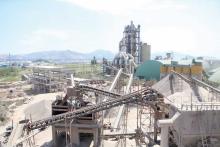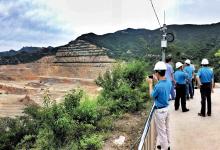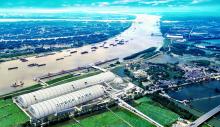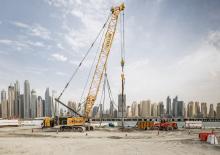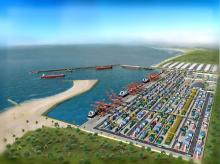China is reported to have issued an emergency decree ordering officials to halt the development of new cement and plate glass capacity, as it struggles to overcome entrenched local government resistance to halting wasteful investment in glutted industries.
China's State Council, the country's cabinet, made a similar decree in October 2013, in which it mandated a freeze on cement and glass among other industries, but analysts have said that governments and government-connected companies have still tried to evade the freezes and even build new projects.
"Total industrial capacity in cement and plate glass is still growing, but the industry-wide sales rate is in decline and accounts receivable are increasing," the MIIT statement said.
Cement output grew 3.6% in the first half of 2014, the statement said, while plate glass capacity grew 4.7%.
"This trend, if not checked, will seriously interfere with efforts to reduce serious excess capacity."
Critics of Chinese industrial policy have said that because Chinese officials' career advancement is still largely tied to their ability to produce economic growth, they are still strongly incentivised to push through GDP-producing investment projects whether there is consumer end-demand for the products they produce or not. In addition, such projects can serve as channels for corruption and political patronage.
The Reuters reports says this has made China's economy increasingly credit-intensive, loading bad debts on domestic banks that have lent to such projects, and has also been a major aggravator of China's air and water pollution problems.
Investors have been heartened by signs that China's economy may be turning around in the third quarter, with manufacturing and export data surprising on the positive side, but some economists warn that some manufacturing growth has been driven by easing liquidity and pointless fixed-asset investment.
The cement and glass industries depend heavily on the real estate sector and construction industries for sales, but housing prices have been softening in China in 2014, although the stock market has rallied in recent days on news that local governments have begun to relax restrictions on new purchases.
Cement and glass still are still producing profits on paper. The MIIT statement said the cement and glass sectors had seen profits grow by 52% and 24%, respectively, in the first half of 2014.

